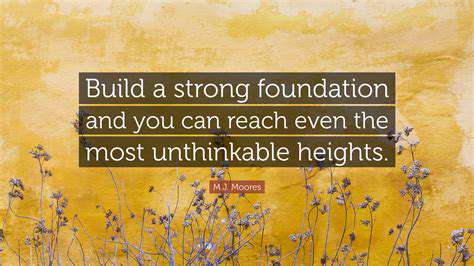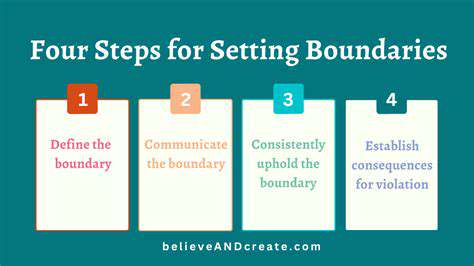How to Build a Habit of Learning New Things
Integrating Learning into Your Daily Routine
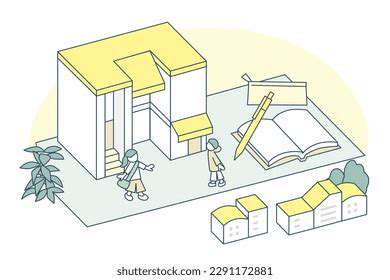
Integrating Learning into Your Daily Routine
Making learning a natural part of daily life fosters continuous growth. Rather than viewing education as separate from other activities, seek connections between what you're learning and your everyday experiences. This mindset transforms ordinary moments into opportunities for discovery and reflection.
Small, consistent efforts accumulate into significant knowledge gains. Listening to educational podcasts during commutes, reading industry news with morning coffee, or practicing vocabulary while waiting in line turns downtime into productive learning time.
Identifying Learning Opportunities
Potential lessons surround us constantly. A visit to the museum becomes a chance to study history or art techniques. Grocery shopping offers practice calculating percentages with discounts. Developing this observational awareness unveils countless informal learning moments throughout each day.
Conversations with colleagues, customers, or fellow commuters can reveal new perspectives on familiar topics. Asking thoughtful questions during these interactions often leads to insights no textbook could provide.
Creating a Dedicated Learning Space
Designating a specific area for focused study helps train your brain to shift into learning mode. This space needn't be elaborate - a comfortable chair with good lighting and minimal distractions suffices. The consistency of location signals your mind that it's time to concentrate.
Organize physical and digital materials for easy access. Bookmarking frequently used websites, keeping reference materials neatly arranged, and maintaining a clean workspace all reduce friction when transitioning into study periods.
Utilizing Technology for Learning
Modern devices put vast educational resources at our fingertips. Language apps turn smartphones into portable tutors, while audiobooks transform exercise time into literature lessons. Platforms like Coursera bring university-level instruction to anyone with internet access, democratizing knowledge acquisition.
Browser extensions can highlight and save key information from online articles. Note-taking apps sync across devices, ensuring your observations and ideas remain accessible wherever inspiration strikes.
Setting Realistic Learning Goals
Ambitious targets motivate, but unrealistic expectations discourage. Rather than aiming to master photography, set out to understand exposure basics within a month. These achievable objectives provide stepping stones toward larger ambitions while delivering regular feelings of accomplishment.
Tracking progress visually - through checklists, progress bars, or skill maps - makes abstract advancement concrete. Seeing how far you've come reinforces commitment to continuing the journey.
Developing a Personalized Learning Plan
Your ideal learning strategy depends on your lifestyle, responsibilities, and aspirations. Parents might focus on microlearning sessions during children's naps. Shift workers could schedule study blocks around irregular hours. The most effective plan accommodates your reality rather than forcing impractical routines.
Periodically reassess your strategy's effectiveness. As circumstances change - a new job, different commute, shifting priorities - your learning approach should adapt accordingly to remain sustainable.
Tracking Your Progress and Celebrating Successes
Documenting achievements creates a record of growth that's motivating during challenging periods. Maintain a learning journal highlighting breakthroughs, aha moments, and skills gained. Reviewing these entries periodically demonstrates tangible proof of your development, reinforcing the value of your efforts.
Acknowledge milestones meaningfully - perhaps treating yourself to a book on your next learning topic or sharing an accomplishment with supportive friends. These celebrations transform the learning journey into a rewarding experience beyond just the knowledge gained.
Read more about How to Build a Habit of Learning New Things
Hot Recommendations
-
*Guide to Managing Gout Through Diet
-
*Best Habits for Financial Well being
-
*How to Build a Routine for Better Mental Health
-
*How to Eat Healthy on a Budget [Tips & Meal Ideas]
-
*Guide to Practicing Self Acceptance
-
*How to Incorporate More Movement Into Your Day
-
*Guide to Managing Chronic Pain Naturally
-
*Guide to Building a Reading Habit for Well being
-
*Top 5 Weight Loss Supplements That Actually Work
-
*Best Exercises for Postpartum Recovery [Beyond Abdominal Work]
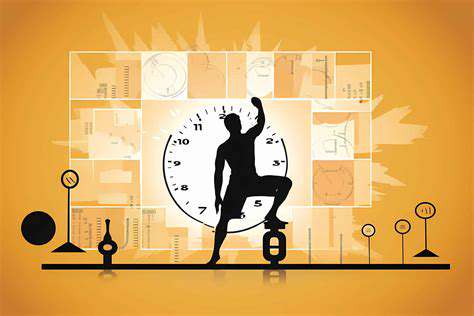
![HIIT Workout for Fat Loss [20 Minute Routine]](/static/images/26/2025-05/Exercises28Example293A.jpg)
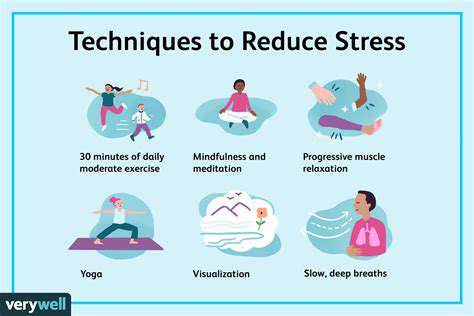



![How to Start Lifting Weights at the Gym [Beginner Guide]](/static/images/26/2025-05/SettingRealisticGoalsandExpectations.jpg)

